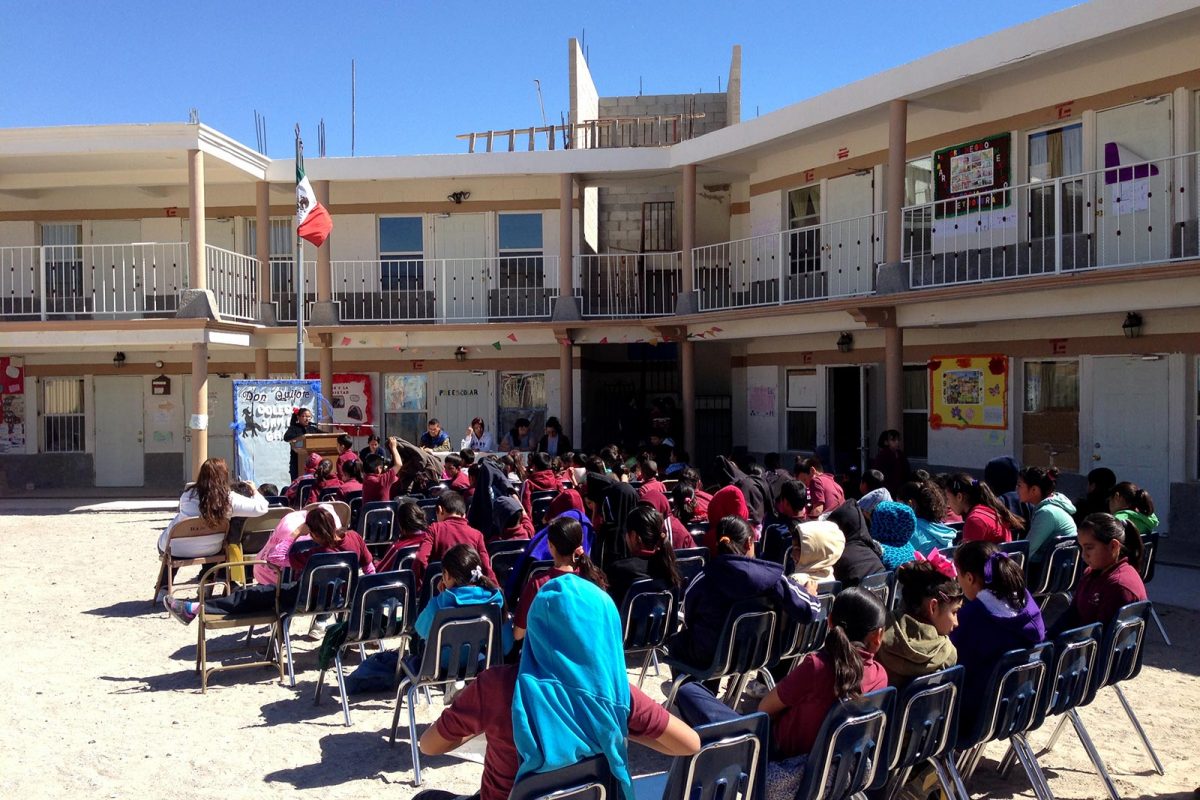Global and International
PhD in Education
FAQs
Other
Yes, this is a traditional, face-to-face program, though it is possible to take some courses online.
Yes, students have the flexibility to move at their own pace. Typically, students complete 1-3 courses each semester.
Students who pursue this degree full time can complete all the requirements in four years. In exceptional cases, it may be possible to complete in three years. It is more common for students to finish in five or six years.
Programs in Educational Foundations are praised for providing perspectives and answers to the “why” questions about the way things work in the educational arena – from the broader international and national systems level to classroom. On a personal level, our graduates come to understand their own values and come to appreciate the reasons why they have chosen education as a professional field. Professionally, our program enables them to feel a sense of belonging to the broader education community and how to make decisions that they believe are best for furthering the advancement of knowledge, their local community, and society. Importantly, our graduates see the forest beyond the trees in their professional decisions and are able to link local to global issues.
Funding
There are many resources available to help graduate students pay for college, including College of Education scholarships. There are also several scholarships listed generally through the STAR website (please note that this is only accessible to students with a valid UH ID number – must be admitted as a student prior to looking for scholarships on this site) and the Financial Support section of the Graduate Division website. For more information on financial aid and additional resources, please visit the UH Manoa Financial Aid Office (finaid@hawaii.edu).
Coursework
Students will (a) need to have a qualifying paper approved (usually in year 2-3) to allow them to continue on in the program; (b) need to present and defend a PhD study proposal (once coursework has been completed); (c) pass the comprehensive exams (after the PhD study proposal has been defended); and (d) will need to produce and defend a dissertation.
Students need to check with their Reclassification Department Officer to find out if any course that they take advances them in their schedule. For teachers already in the DOE system in Hawai‘i, it depends on their field of expertise and their school assignment responsibilities. From the UH side, the course needs to be within a degree granting program, and the course content needs to be related to the teacher’s field of expertise. Applications must be filled out with the DOE Reclassification Department.
General
Educational Foundations is a field of study that aims to explain education from a variety of disciplinary perspectives, including philosophy, history, sociology, anthropology, politics, and comparative and international studies.

